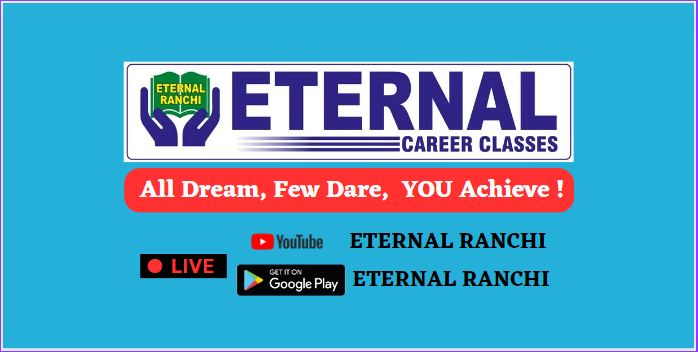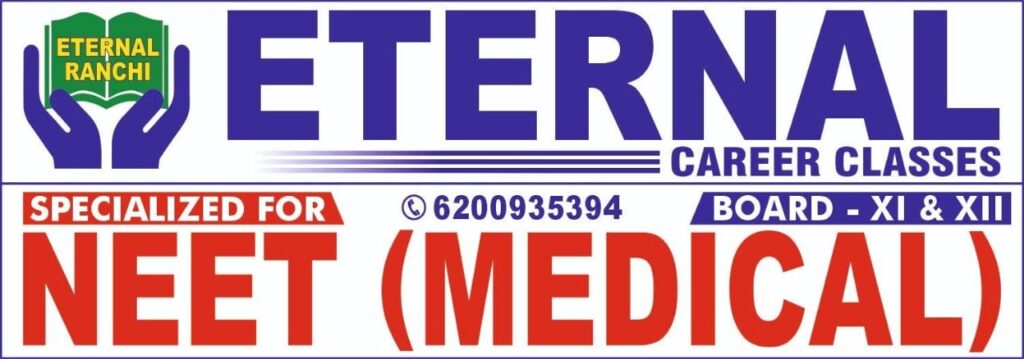
Faculty expertise and qualifications are crucial factors to consider when evaluating the quality of an educational institution, whether it’s a school, college, university, or coaching institute. High-quality faculty members can greatly influence your learning experience and academic success. Here’s what to look for regarding faculty expertise and qualifications:
- Educational Qualifications:
• Check the academic credentials of faculty members. They should have relevant degrees in their respective fields.
• For NEET coaching, faculty members should ideally have bachelor’s or master’s degrees in subjects like biology, chemistry, and physics. - Teaching Experience:
• Look for faculty members with significant teaching experience in their subject areas.
• Prior teaching experience can indicate their ability to communicate complex concepts effectively. - Subject Specialization:
• Ensure that faculty members specialize in the subjects relevant to your course or exam.
• For NEET, faculty members should have expertise in biology, chemistry, and physics, as these are the core subjects of the exam. - Professional Background:
• Consider faculty members who have practical experience or industry exposure in their fields.
• Real-world experience can add depth to their teaching and provide practical insights. - Publication and Research:
• While not a strict requirement, faculty members who have published research or academic work can be seen as more knowledgeable in their fields.
• Research-oriented faculty may also bring a fresh perspective to their teaching. - Teaching Methodology:
• Inquire about the teaching methods and strategies used by faculty members.
• Effective educators often employ interactive teaching, problem-solving, and student engagement techniques. - Continuing Education:
• Find out if faculty members actively engage in continuing education and professional development.
• Staying up-to-date with the latest advancements in their fields is important, especially in rapidly evolving subjects. - Dedication to Students:
• Faculty members should be genuinely interested in students’ success and be accessible for doubts and queries.
• Their willingness to provide additional support and guidance is a positive sign. - Feedback and Reviews:
• Read reviews or ask current and former students about their experiences with faculty members.
• Student feedback can provide valuable insights into the quality of teaching. - Teacher-Student Ratio:
• Consider the teacher-student ratio. Smaller class sizes often allow for more personalized attention from faculty. - Ethical Considerations:
• Ensure that faculty members uphold ethical standards and adhere to the institute’s code of conduct. - Demo Classes:
• If possible, attend a few demo classes to assess the teaching style and effectiveness of faculty members.

VISIT OUR OFFICE : 5TH FLOOR LE-DESIRE COMPLEX, CIRCULAR ROAD ,LALPUR, RANCHI, JHARKHAND
VISIT OUR WEBSITE FOR MORE INFOMATION https://eternalcareerclasses.com
FOR TEST SERISE, PREVIOUS YEAR QUESTION PAPER OF NEET AND DPP FROM ALL CHAPTERS ARE AVAILABLE ON ETERNAL RANCHI APP.DIRECT DOWNLOAD FROM QR CODE GIVEN BELOW
